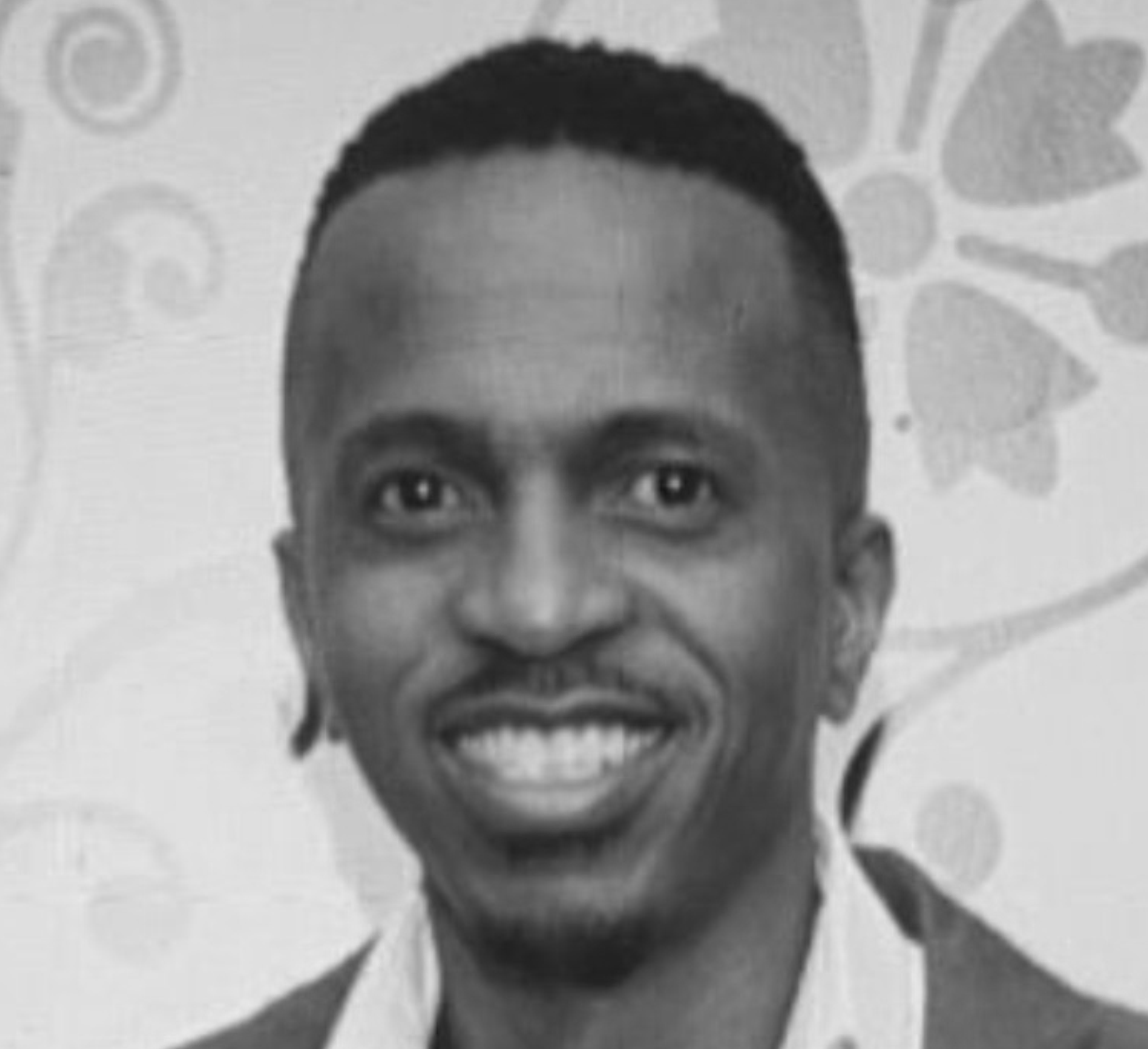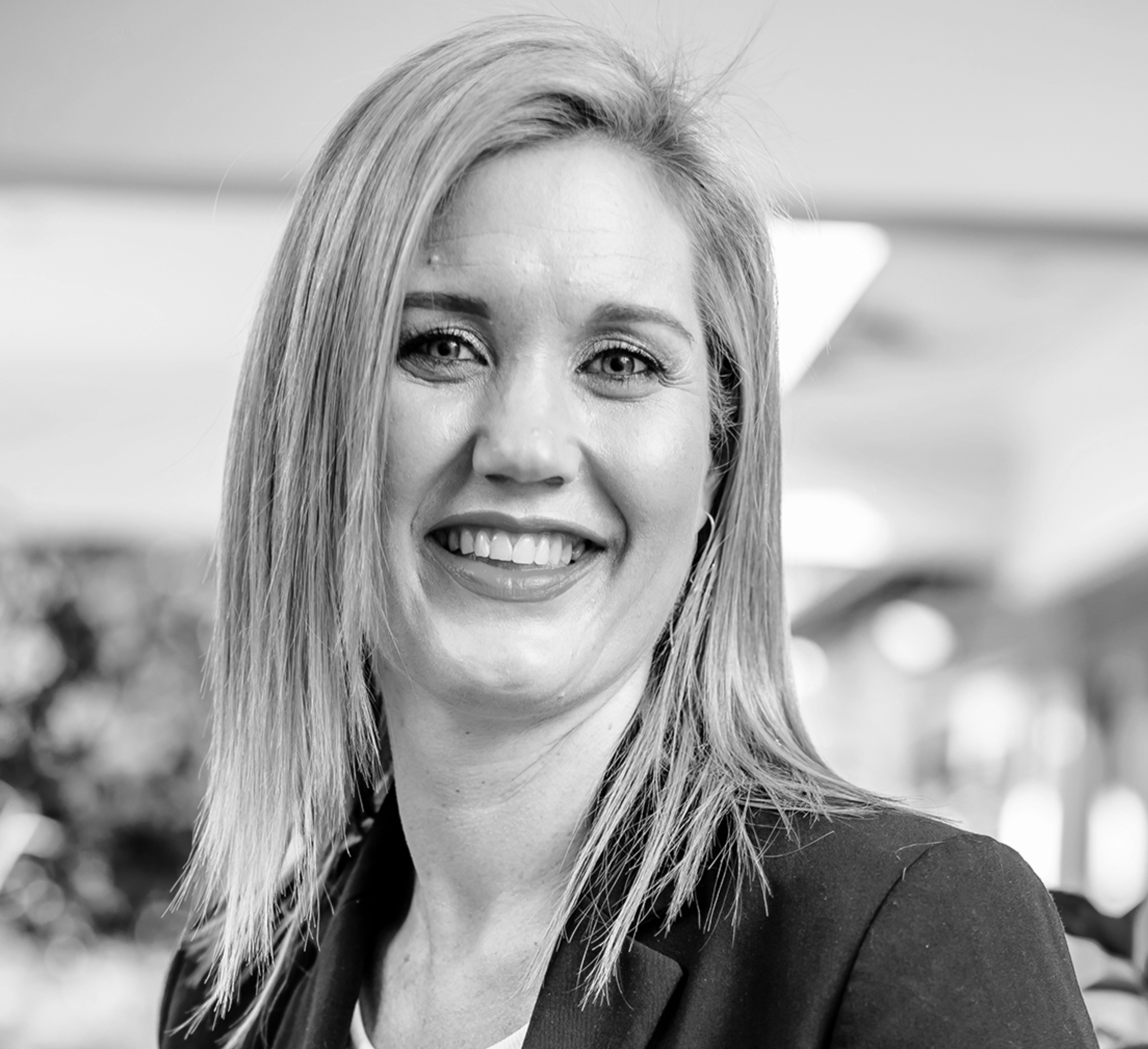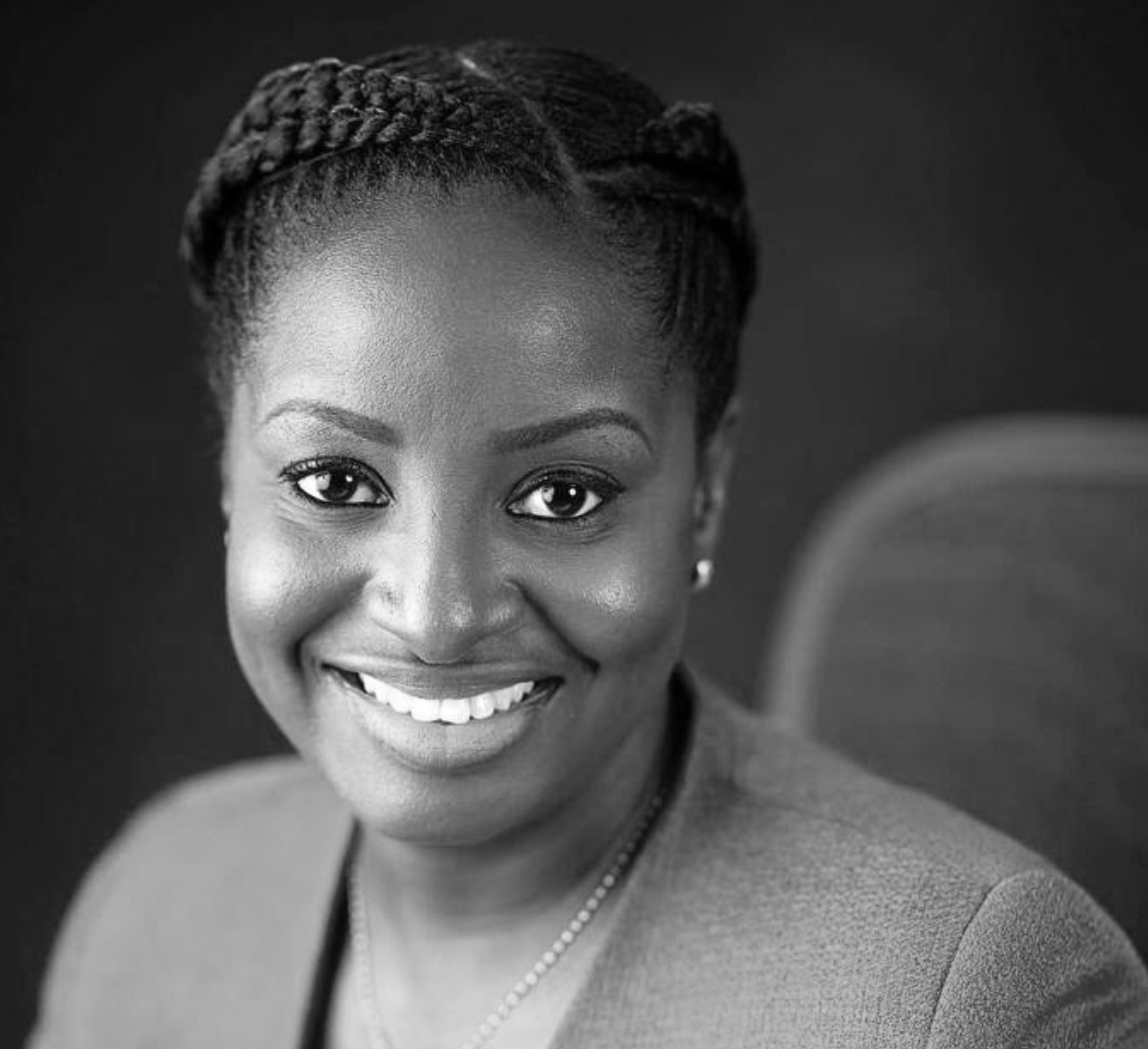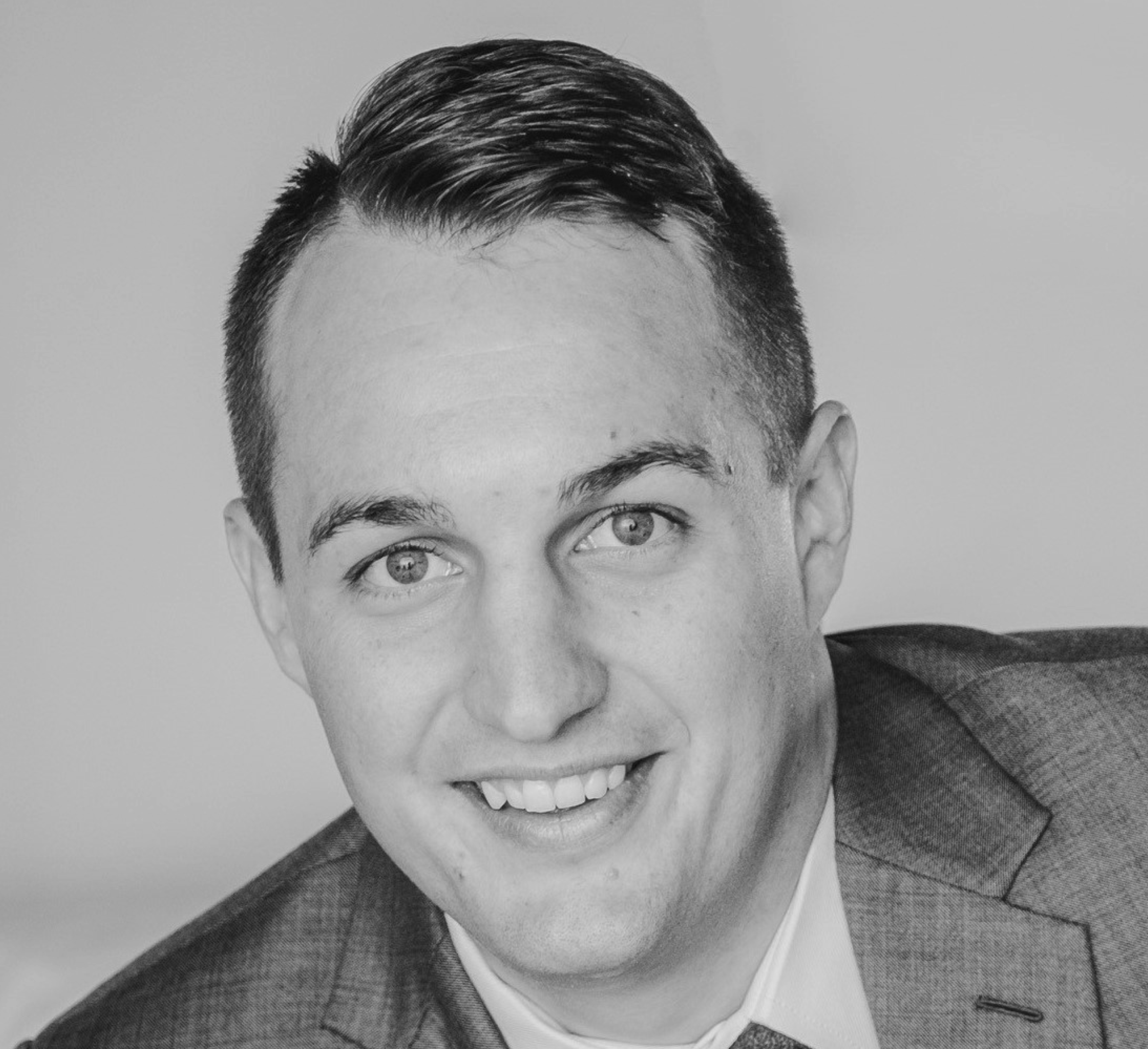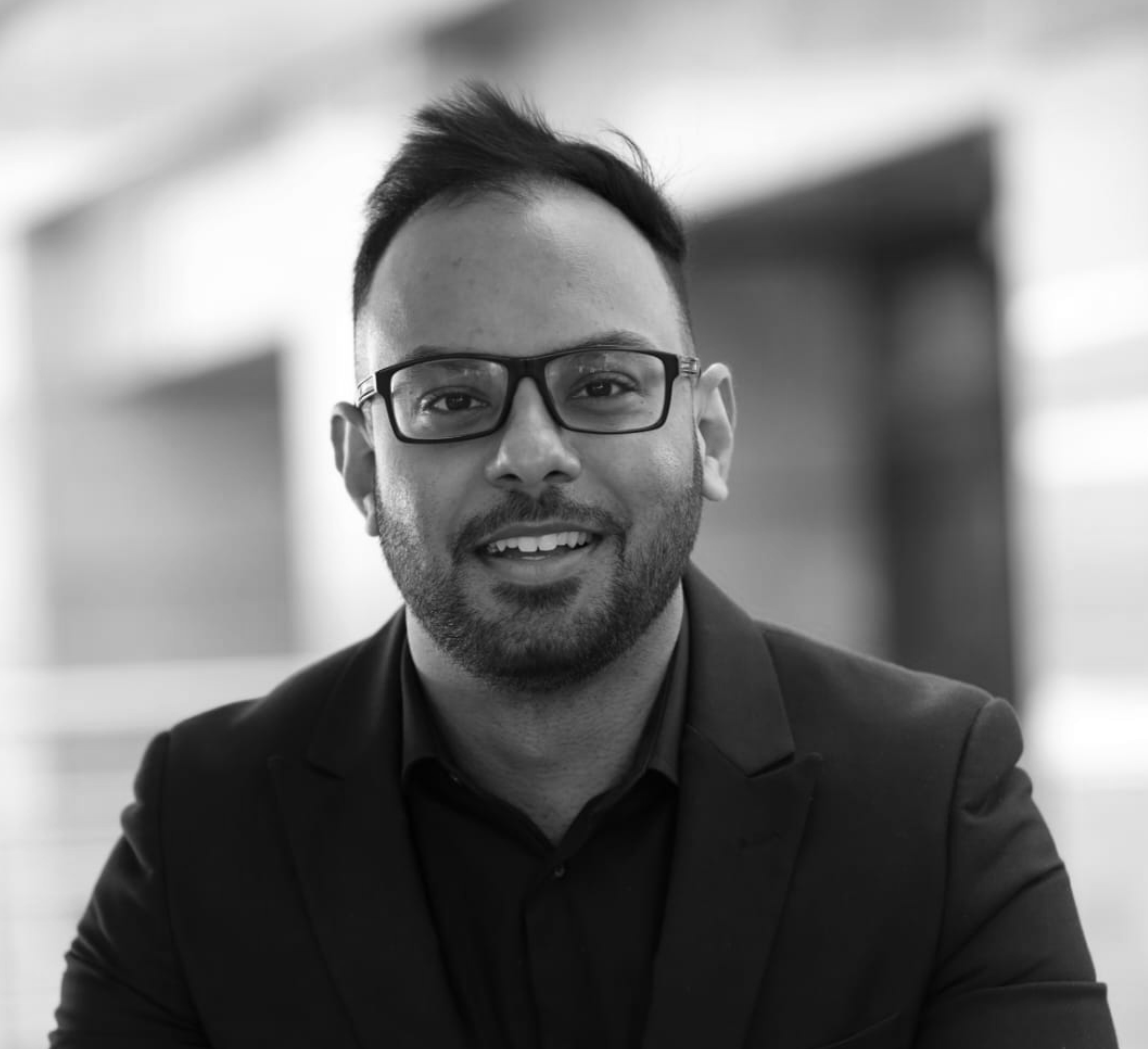167: Khuphukile Ndebele
Fascinated by numbers from a young age, Khuphukile Ndebele, has acquired diverse local and international experience that has equipped him to work as a finance executive in virtually any industry and he brings this wealth of knowledge and skills to his role at Bidvest Electrical Group.

Today’s podcast is sponsored by Draftworx, which provides automated drafting and working paper financial software to more than 8000 accounting and auditing firms and corporations. CFO Talks is a brand of the South African Institute of Business Accountants.
Tell us a little bit about Bidvest Electrical Group and give us some background to the industry that you’re in. Is it dependent on the state of the construction industry development?
The Bidvest Electrical Group is a leading distributor in supplying electrical cable and wire products, electrical accessories, lighting solutions, renewable energy solutions and basically other energy services and anything to do with home automation as well.
In terms of where we are, in terms of the industry, we have seen the downturn in the construction sector. We’ve seen lot of curtailed government expenditure on infrastructure and that does affect companies within our space. However, at the same time, with Covid, we saw a big change coming forward, from having your big contractors being your main clients, SME clients began to take up that space. with people spending a lot more time at home, they also feel the need to pay attention to their homes. So it’s been a great time for us. We’ve experienced a lot of great change and we’ve been able to navigate these rough waters. I’m proud to say that we are one of the surviving companies that’s actually doing well during this time.
We’ve actually had one of our best performances this year when we ended our year in June 2021, we’ve had one of our best performances in the last five years.
You’ve had a rather unconventional path to the finance executive position, explain what led you down this path, and I am talking specifically about the ACCA, you went that route rather than the CA route. Is that something you would advise for other people?
I’ve always viewed the world as a global village. So for me, you know, I’ve always wanted to be able to have exposure to working in different countries, which is what led to me working in the Virgin Islands and being able to just be dynamic and move around and not be tied to one designation. For example, with a CA(SA), if you move to another country you have to write conversion exams. Whereas the ACCA is a globally recognised qualification, you have the same ranking as a chartered accountant and the qualification is recognised in over 180 countries. I felt it would give me an edge globally and help me towards building strategic thinking and my business skills, which it did.
I’ve always enjoyed working with numbers, pushing boundaries, and seeing different things, interpretations of what numbers can do.
The British Virgin Islands, a lot of companies are based out of there, particularly finance companies based out of there. What was that like?
That was beautiful, the islands themselves are not first world, but you get a lot of companies from the first world which are domiciled in the Virgin Islands, and therefore you get to audit everything but mostly hedge funds. I was with Deloitte there and we had some of the largest oil and gas companies in the world, we also had telecommunications, property, management and development companies that we got to look into. I also got to travel because some of our clients were not within the Virgin Islands, some of them were in the US and Europe, so you get to explore and see different aspects. I took that opportunity to explore a lot of the US, a lot of Europe and just travel and open my mind a bit and gain some exposure.
I’m keen to hear about the Bidvest Group, what we hear is that it’s very entrepreneurial, you’re given a lot of free rein to perform but you are expected to perform. Is that correct?
That is correct. As you know, Bidvest acquires a lot of companies, we are looking at opportunities and one of the things that I enjoy most is that entrepreneurial spirit, that free rein to do what you need to do to get the results. We still have to adhere to certain rules but predominantly you are left to run your business, to bring the best out of it, to be entrepreneurial, innovative, push the boundaries and get good results.
It is true what they say, it’s a fantastic dynamic company to work for.
I want to get your viewpoint on the evolving role of the CFO. How, in your opinion, has that changed over the years?
It is an extremely evolving role. From the outside, those who don’t know would say, you guys are blowing your own horn, you guys are number crunchers. But it’s not really, if you look at it traditionally the CFO role was basically financial reporting, compliance and purely number crunching. Whereas today, for me, the role has evolved, you’ve still got your traditional bread and butter, which is reporting, compliance and controls, it’s still a big part of the role. However, in my view, the role has evolved to being more at the forefront of leading this transformation and evolution of systems, tools, reporting. The role now is more about data and data collection. We all know that data has become one of the most valuable aspects within the world today as we know it. As a CFO, one of the key metrics is your ability to collect data efficiently, your ability to manipulate it, interpret it and use it differently, and to also formulate your strategy and influence your decision making based on that data. I think as a CFO, we find ourselves at the forefront of the data era, as I would like to call it.
You’ve probably seen the report from the Zondo Commission coming out in the last week or so, a lot of disturbing things happening in the accounting profession over the last number of years. Would you say the profession is in crisis and if it is, what can be done about this?
I would say the profession is definitely in a crisis. We’ve got a lot of things happening, you spoke about the Zondo Commission, but there are a lot of scandals happening around the world, which are essentially putting a light on the accounting profession.
We as accountants or auditors are losing our credibility, both on the global landscape and within the South African landscape.
For me, I think we need to restore confidence within the profession and part of that restoration of confidence is with many of these scandals, I don’t think the professional bodies have been as strict and as hard on the perpetrators as the public or all of us would like to see them being. There’s a whole lot of noise for a while and maybe a fine, then it goes quiet thereafter. Then you have another scandal and another one and another one. So I think we need the professional bodies to tighten up a bit and not be as lenient on perpetrators and try to find ways to make punishment more punitive. We then start to gain our reputation back.
Are there any books that you would recommend?
There’s a book that I read not too long ago, written by my pastor, Andrè Olivier, it’s called The Power of Intentional Living. For me, that book is quite dynamic in that it’s basically a tool that helps a lot of us navigate life and helps us to see that there is more out there. It helps us to understand about positioning ourselves, hoping for a better tomorrow, living intentionally and not believing that everything is an accident in life or that there is luck involved. But just basically putting your head down and realising that there is more out there and opportunities for all of us.
Also, Outliers by Malcolm Gladwell, what that book taught me is that life is not purely about the gifts that you have. So you might have a talent but some of the highest achievers have been people who have put a lot of hard work behind it, get the work done and push on ahead. That was a great book to read.
Besides reading, one of the things I enjoy most is following platforms such a SAIBA that talks about changes that are happening around the world and even in South Africa.
As CFO, are you aware of the enhanced sustainability reporting requirements imposed by COP26? I’m just trying to get an understanding here of whether this is on the radar for CFOs or not?
It is on the radar, I’m fortunate in that the Bidvest Group is one of those companies that is responsible, I like to view Bidvest as a responsible company, and ESG reporting is a big thing for us and it’s one of your key metrics that you are measured against, and we take it quite seriously. We are going to see increased pressure in the future on companies that are not complying to ESG reporting or standards, where you will find customers saying we won’t deal with you because you don’t abide by these rules.
I’m always looking to help people out there and to impart knowledge, it’s part of our role as the CFO, the leaders in society, to be able to share experiences and share knowledge with people, and to be able to mentor upcoming people and be the change that we want to see.

